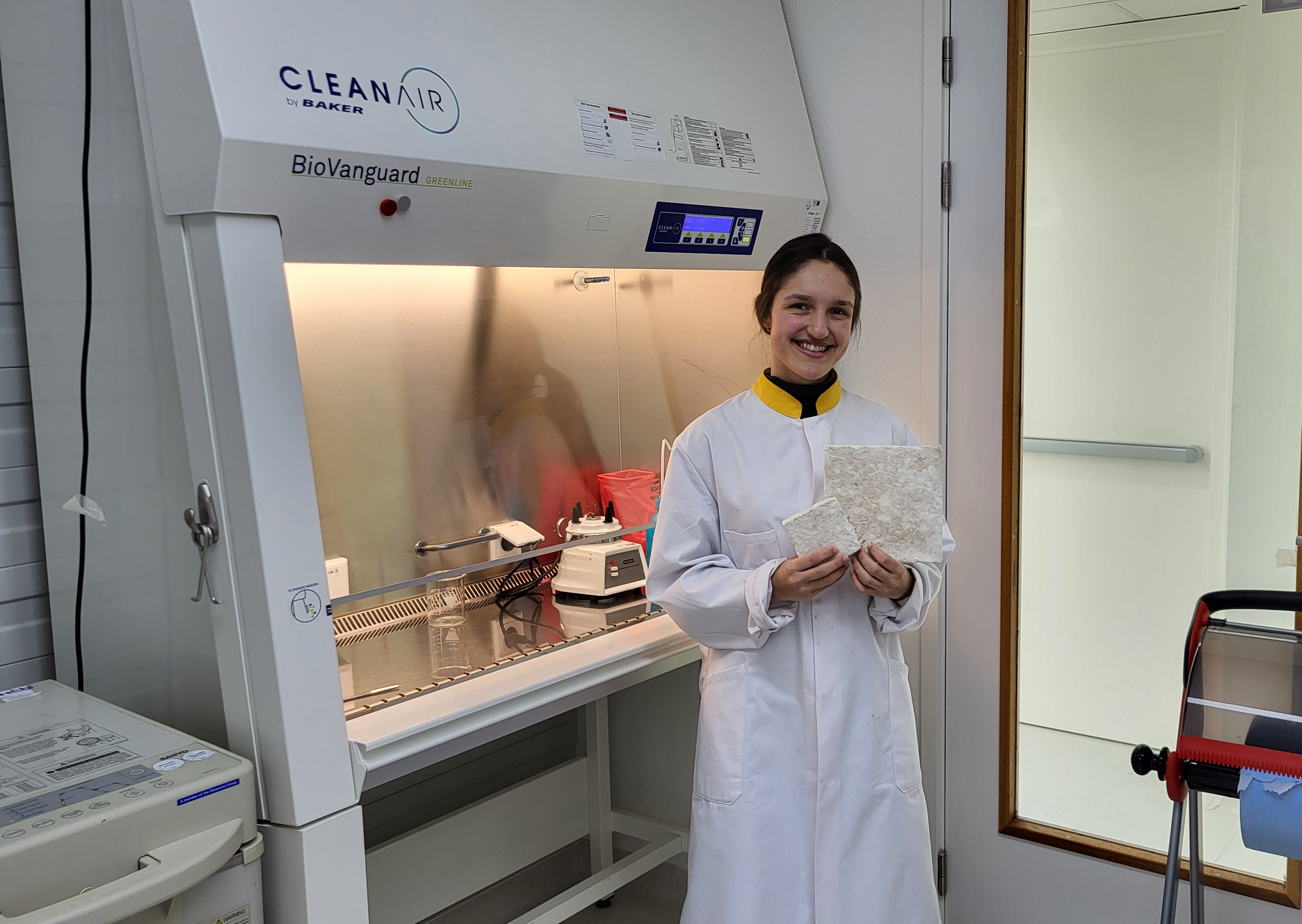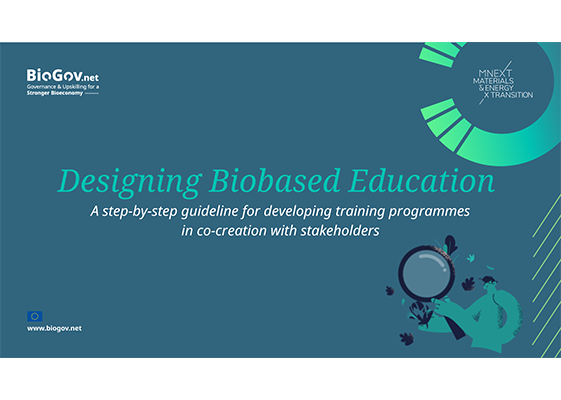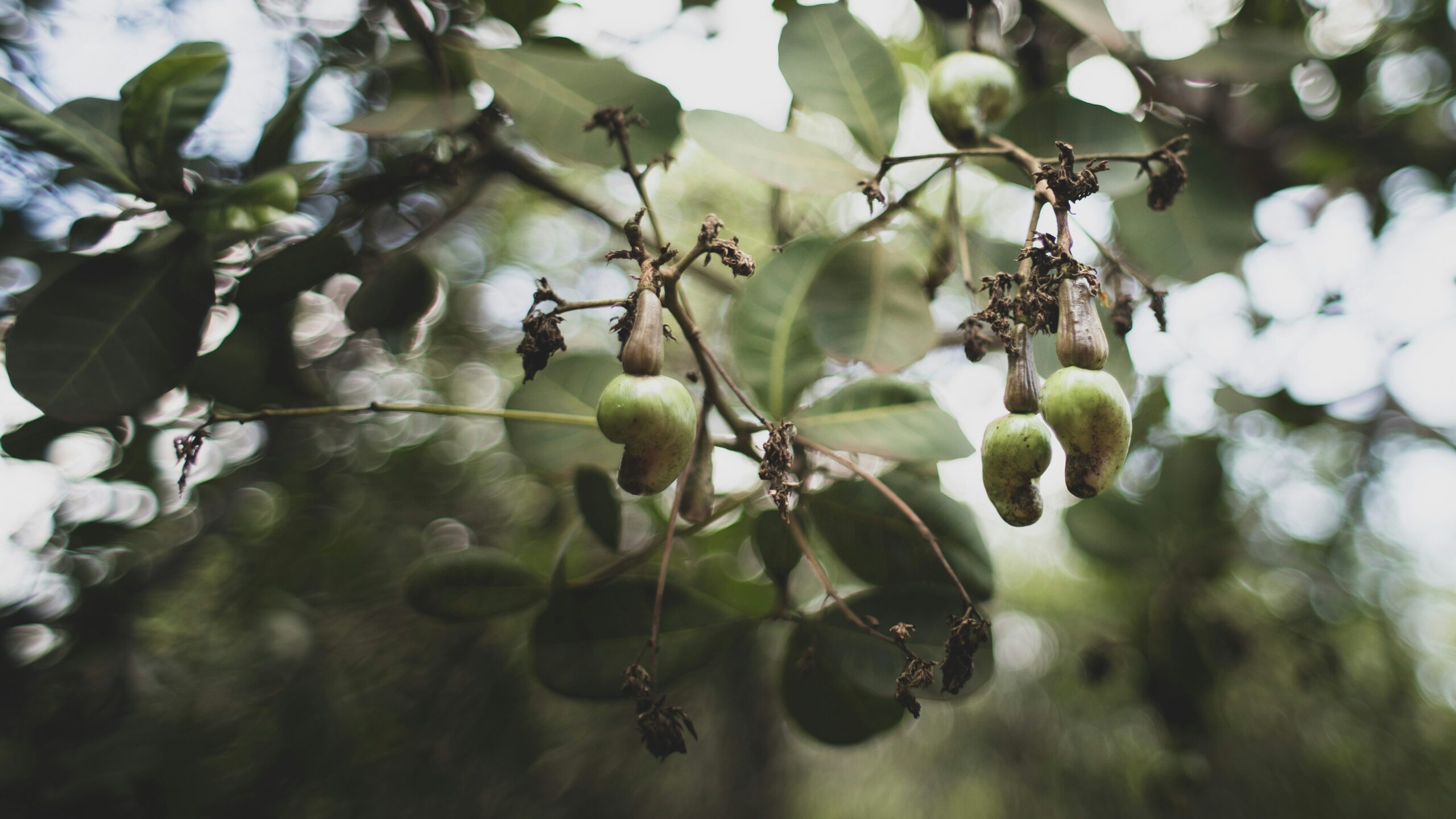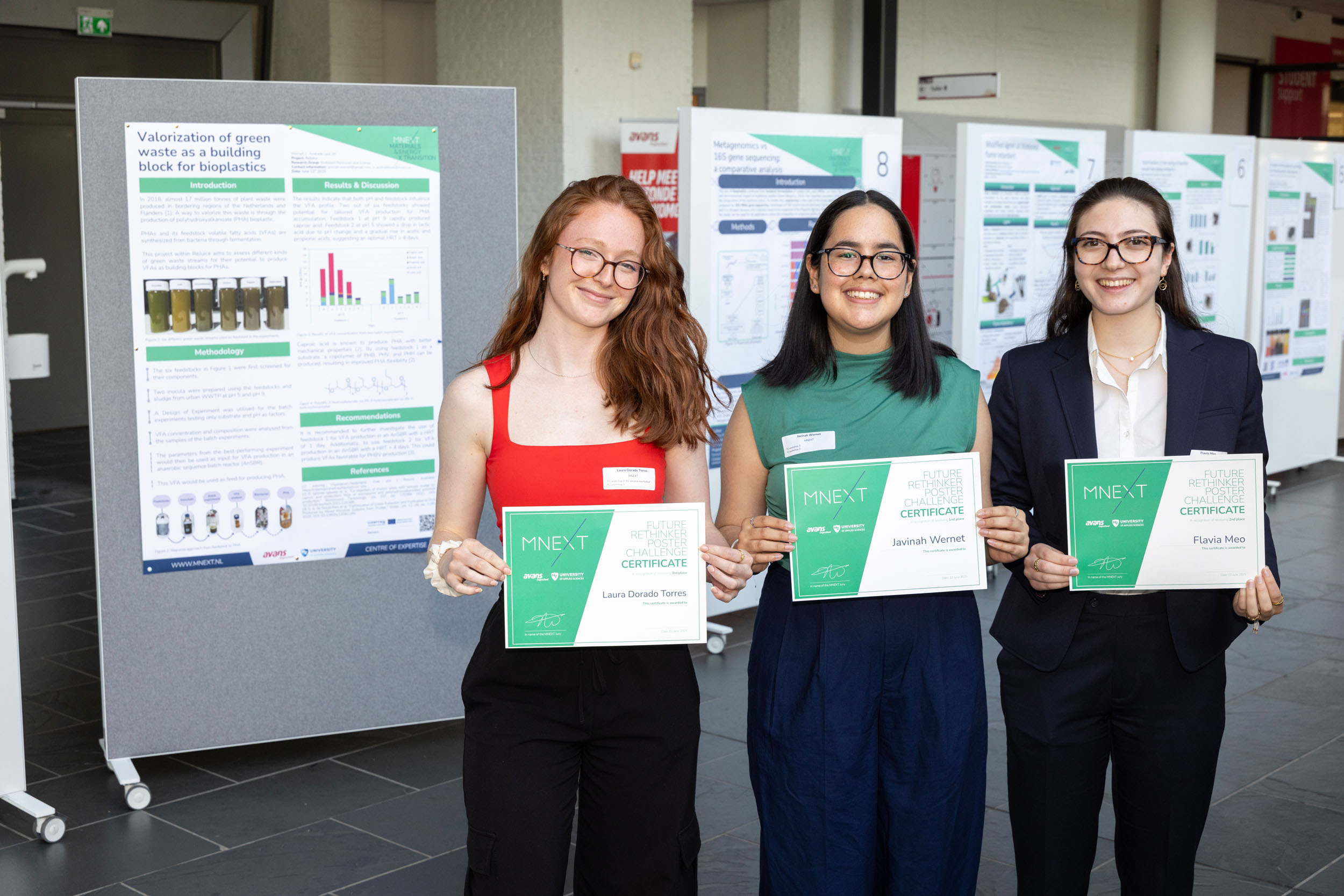Mycelium, the underground network of mushrooms, is a powerful natural material that binds biomass together to create biocomposites. The versatility and durability of mycelium make it a promising alternative to traditional building materials.
Research on End-of-Life Scenarios
The MycEoLA project focuses on investigating the impact of five different end-of-life scenarios: energy recovery, composting, reuse/repurposing, upcycling, and remanufacturing. By analyzing these scenarios, guidelines are being developed for the construction sector, enabling better management of mycelium biocomposites in a responsible and circular way. The ultimate goal is not only to use these materials as sustainable building products but also to effectively integrate them into a circular economy, where materials can go through multiple life cycles without waste.
Initial Findings
Cecilia Cintra Costa, a Civil Engineering student from Brazil, is an intern at the Biobased Bouwen research group at MNEXT. Cecilia came to the Netherlands for her internship through the Living Lab Biobased Brazil. Her internship project is part of the MycEoLA research. Cecilia explains: “The ability of mycelium to regrow on used mycelium biocomposite is called remanufacturing. My research focuses on how the properties of mycelium biocomposites change during remanufacturing cycles. The goal is to determine how many times they can be remanufactured without significant degradation, so we can expand the circular possibilities of these materials.” Her work is essential for understanding the lifecycle of mycelium in the construction sector and for creating practical applications for the future.
So far, Cecilia has made interesting discoveries. For example, she found that the growth rate of mycelium accelerates when extra nutrients are added to the recycled substrate. “It’s fascinating to see how certain biological behaviors can also be replicated in the lab,” says Cecilia. This finding supports the theory that mycelium can potentially be recycled multiple times while retaining its properties.
Multidisciplinary Collaboration
The MycEoLA project is a collaboration between various knowledge institutions and the industry. This collaboration ensures that Cecilia’s research is not only theoretical but also directly applicable in practice. “The opportunity to work with experts from different fields is incredibly helpful for my own development. I learn a lot from their practical experience, and it gives me new insights that I can apply to my own research,” Cecilia enthusiastically shares.
A Circular Construction Sector
Cecilia looks forward with confidence to the future of the project. “It gives me hope to see that with this research, we are contributing to a more sustainable circular construction sector. I’m proud to be part of this. The research is an important piece of the puzzle in making the construction industry less reliant on non-renewable materials and more circular.”
MycEoLA is supported by Regieorgaan SIA, part of the Dutch Organization for Scientific Research (NWO).







